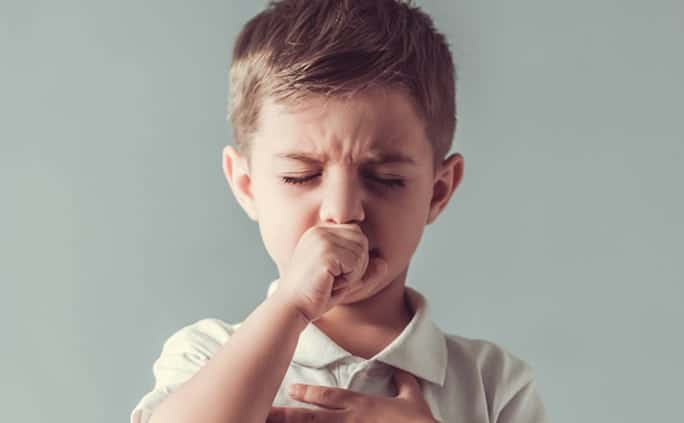The 411 on Whooping Cough
Attention, attention (cough, cough!) This week we’re talking all about Whooping Cough, also known as Pertussis. While this may sound like some ancient disease, in recent years this highly contagious respiratory tract infection has been the topic of much conversation. With cases on the rise and more babies dying each year, people are beginning to ask “Why?”
First, contrary to what you might think, coughing is most definitely NOT the only symptom you can experience. Symptoms typically arrive 5-10 days after being exposed to the bacteria and include: runny nose, nasal congestion and red watery eyes. This cough can last up to 10 weeks, and you might think you just have a cold, meanwhile you’re also infecting others around you.
This brings the question, “A vaccine is available so why are people still getting sick with this?” It’s important to note that Whooping Cough has never been eliminated in the US, but there are a few contributing factors adding to this.
- The older vaccine, which had awful side effects, was phased out in the 1990’s. The current vaccine has less effects, but some studies show that it’s less effective and the efficiency decreases significantly as the years go by.
- Fewer people are vaccinating their children. Following a domino effect, this means that the less vaccinated, the more potential to contract and spread the disease.
- Due to this cough being highly contagious, an otherwise healthy teenager could be less affected by Whopping Cough (meaning their symptoms could be mistaken for a cold), when in reality they could be affecting young children who haven’t completed their vaccination cycle.
- For maximum effectiveness, your child will need 5 doses of the vaccine.These dosages are generally given at months 2, 4, 6, and between 15 and 18, with another dose between 2 and 4 years old and the final dose during teenage years.Younger children who haven’t been able to get all 5 dosages will be more susceptible to catching Pertussis, and because of their weaker immune systems, they are more greatly impacted by the disease.
As always, consult with your pediatrician about this condition, and find out which preventative path is best for you.





Leave a Reply
Want to join the discussion?Feel free to contribute!